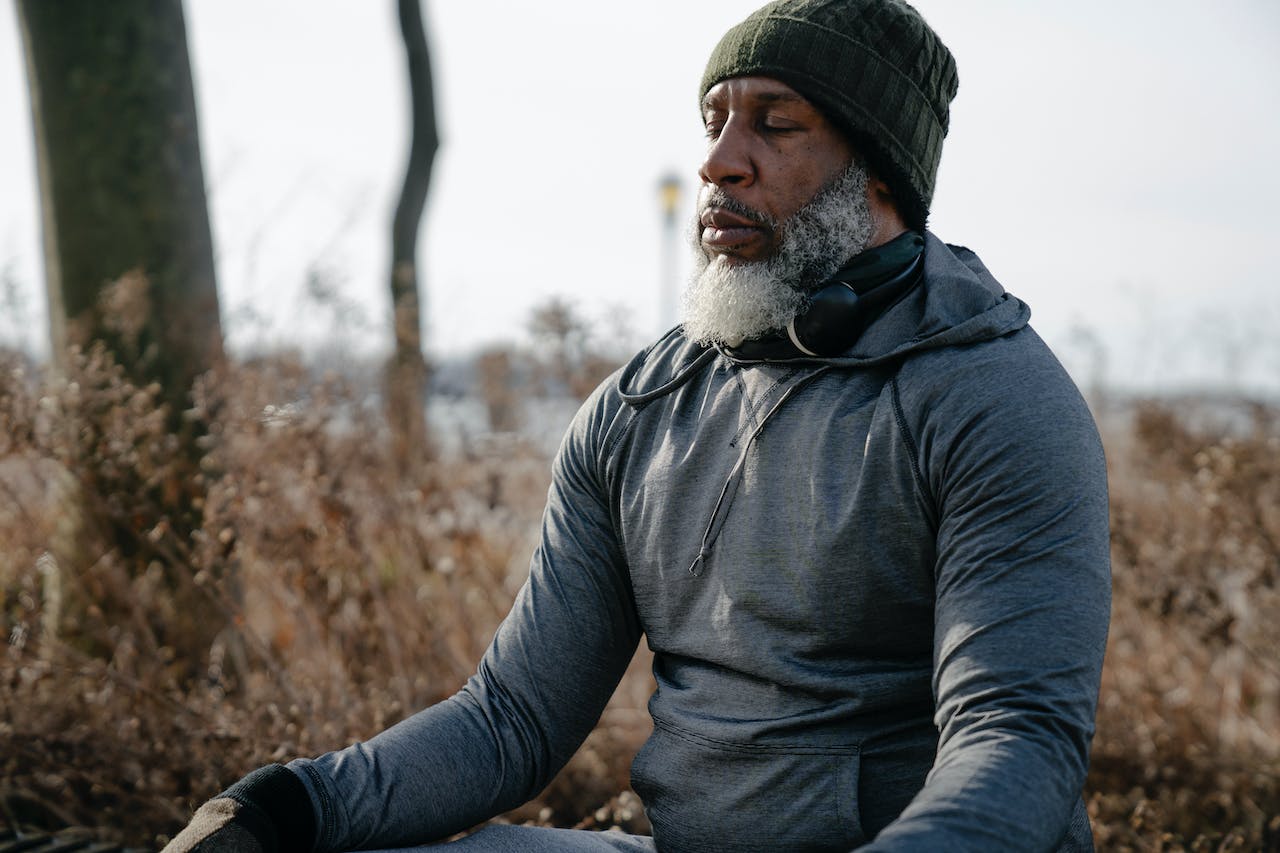Embarking on a fitness journey can often feel like navigating a labyrinth of trendy diets and one-size-fits-all workout regimes. However, the true secret to unlocking your fitness potential lies not in following the latest fad but in understanding and responding to your body’s unique needs.
Understanding Your Body
Your fitness journey begins with a deep understanding of your body. Recognize that each individual is unique, with factors like age, gender, genetic predisposition, and current fitness level playing a crucial role in shaping your fitness strategy.
Setting Realistic Goals
Fitness success is anchored in setting realistic and achievable goals. Whether it’s weight loss, muscle building, or improving endurance, your goals should be specific, measurable, and time-bound. Remember, the joy is as much in the journey as in achieving these goals.
The Harmony of Nutrition and Exercise
Nutrition and exercise are intricately linked. A balanced diet provides the necessary fuel for your workouts and aids recovery. At the same time, a diverse exercise regimen that includes cardio, strength training, and flexibility work complements your nutritional efforts and enhances overall health.
Listening to Your Body
Attuning to your body’s signals is essential. Recognizing the difference between a healthy challenge and overexertion helps avoid injuries. Rest and recovery are as integral to your fitness regimen as the workouts.
Variety in Routine
Incorporating variety into your fitness routine keeps it engaging and effective. Trying different workout styles like yoga, pilates, or swimming breaks the monotony and challenges different muscle groups, contributing to well-rounded fitness.
The Importance of Consistency
Consistency trumps intensity in the long-term fitness game. Regular, moderate exercise yields better results than irregular, intense workouts. A consistent routine, with allowances for lighter or rest days, is key to sustained fitness.
Professional Guidance
For those new to fitness or with specific health concerns, seeking professional advice can be invaluable. Personalized workout plans and expert guidance significantly enhance the fitness journey.
Monitoring and Adjusting Your Plan
Tracking your progress is crucial, as is the willingness to adjust your fitness plan. Flexibility is essential for continuous improvement, whether it’s increasing workout intensity, modifying your diet, or experimenting with new activities.
Mental Health and Fitness
Fitness encompasses both physical and mental well-being. Incorporating practices like mindfulness and meditation, and ensuring adequate sleep, can significantly boost your fitness journey.
Embracing the Fitness Journey
Fitness is a lifelong pursuit. It’s about enjoying the process, learning from setbacks, and celebrating successes. Your journey towards unlocking your healthy potential is unique and invaluable.
Conclusion
Unlocking fitness secrets revolves around understanding and responding to your body’s needs, setting realistic goals, and maintaining a harmonious balance between nutrition, exercise, and mental health. It’s a personal, evolving journey that requires patience, dedication, and adaptability. Here’s to discovering and reaching your healthiest self!
Dr. Barbara R. Edwards, Princeton Internist, practices at Penn Medicine Princeton Health in the Penn Medicine Princeton Medical Center. She is also the Academic Director for the Ambulatory Residency Program at Penn Medicine Princeton Health.






